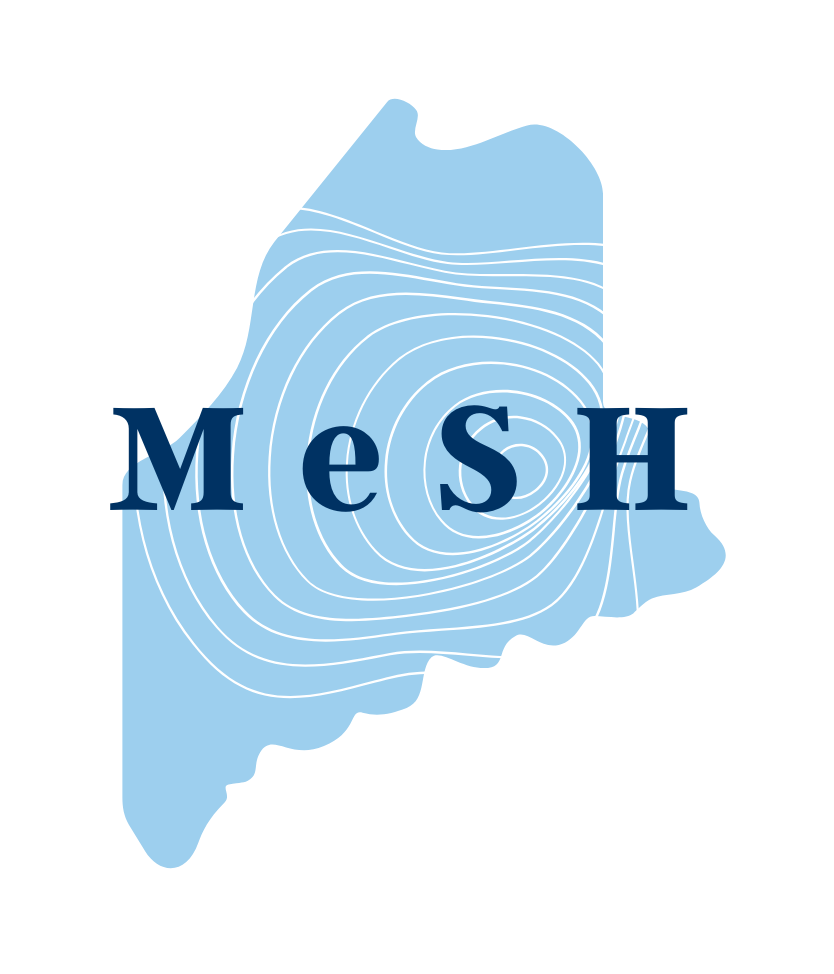Cooperative Extension
University of Maine Cooperative Extension provides numerous resources, programs and services related to gardening, farming, community, and environmental topics. It provides regular newsletters and annual reports related to agricultural issues. Cooperative Extension encourages engagement and education by facilitating numerous volunteer, educational, and community based events, trainings, and opportunities for students, industry professionals, and members of the public. There are many internship, volunteering, and giving opportunities with Cooperative Extension. For more information about scheduled events, please visit the calendar. There is a separate page to look and register for workshops, classes, and events.
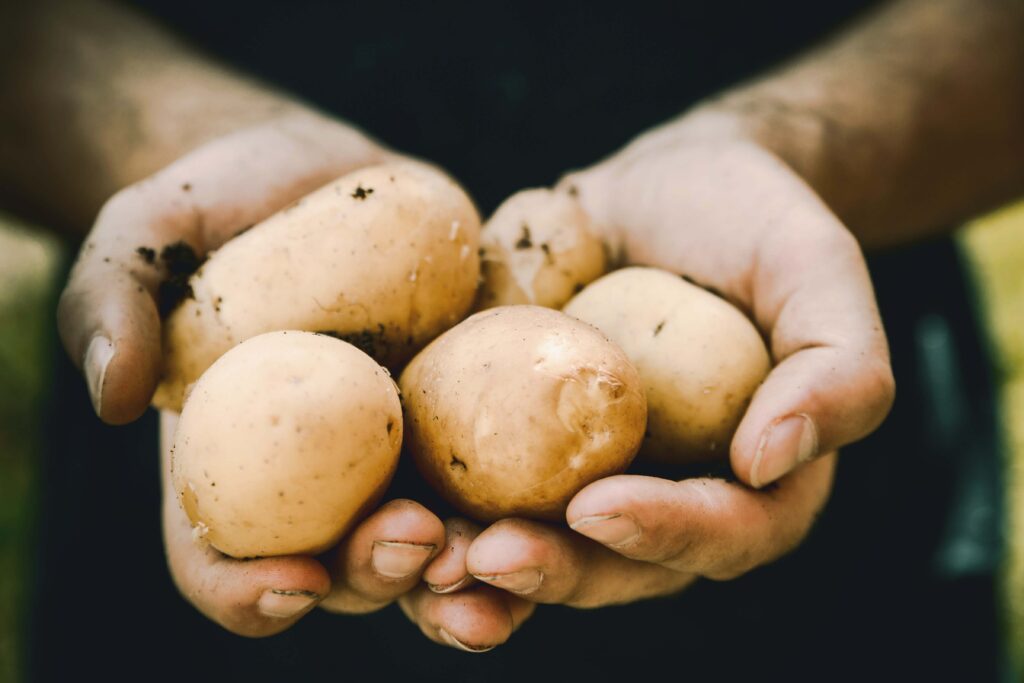
Agriculture
UMaine Cooperative Extension provides practical, how-to agricultural solutions based on university research for both new and experienced farmers. Farm management and maintenance is increasingly complex. Agriculture experts help keep Maine farms financially, environmentally, and socially sustainable by pursuing projects related to developing new crops, management strategies, pasture and grazing systems, soil health practices, irrigation, crop storage technologies, pest management training, nutrient and waste management solutions, and more. This site has compiled many agricultural resources related to topics such as composting, drought management, mental health services, agricultural byproduct recycling programs, soil health, food and workplace safety, sustainable agriculture, crop specific resources and information, and diagnostic resources.
Maine Agricultural Mediation Program
The Maine Agricultural Mediation Program can talk with you about priorities, goals, and decision-making as you navigate changes in the future of the farm, immediate markets, and relationships with lenders. Mediation is a voluntary and confidential process for resolving disputes where a neutral third party helps conflicting parties have a conversation and potentially come to a resolution. Mediation can help people be proactive with planning and help to minimize the stress related to conflict as well as the high time and financial cost of legal proceedings.
Maine Farm and Seafood Products Directory
The Directory is an interactive map that allows people to see listings of local food producers across Maine. Different types of produce are indicated by different symbols on the map. This resource is meant to highlight Maine agriculture, improve accessibility in connecting with agriculture operations, and allow consumers to more easily locate and support local businesses.
Business and Community
The UMaine Cooperative Extension has prepared and compiled several resources related to small business management, community development, farm management, and leadership skills for individuals involved or interested in business endeavors or community programs. Cooperative Extension helps to grow and sustain an almost $4 billion food-based economy in Maine. They support the entire Maine Food System which is made up of complex interactions between policies, research, production needs, processing, commerce, nutrition, and food security and safety.
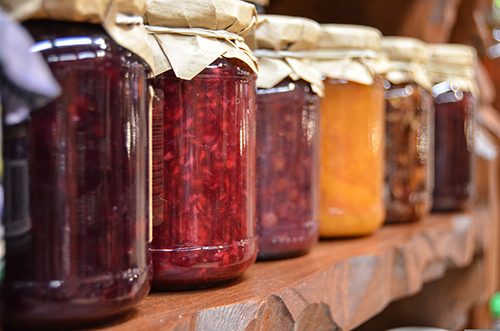
Food and Health
Food Preservation
Rising food costs have prompted many Mainers to plant or expand home gardens. While homegrown food can be a healthy way to offset food costs, many people use canning or preservation practices that put them at risk for food borne illnesses. UMaine’s Cooperative Extension has compiled numerous resources related to food preservation techniques and how to prevent contamination. Workshops, webinars, documents, links, and videos related to this subject can be found on this site.
Food Safety
The goal of University of Maine Cooperative Extension’s Food Safety programs is to ensure a safe food supply while reducing foodborne illness risks by teaching proper sanitation, food preservation, and food-handling practices. UMaine Extension educators, specialists, and professionals conduct a variety of programs such as small business assistance programs, training opportunities, and testing services.
Nutrition Education
University of Maine Cooperative Extension’s Expanded Food and Nutrition Education Program (EFNEP) delivers free, interactive food and nutrition education to income-eligible parents, caregivers, young adults, teens, and children. You can participate in EFNEP through individual and group lessons in homes or community sites including schools. Individuals can also participate in some of these activities online. For more information, email extension.efnep@maine.edu or contact your local county office. The Spoonful Blog posts healthy recipes, food preparation information, and other tips for preparing healthy and delicious food.
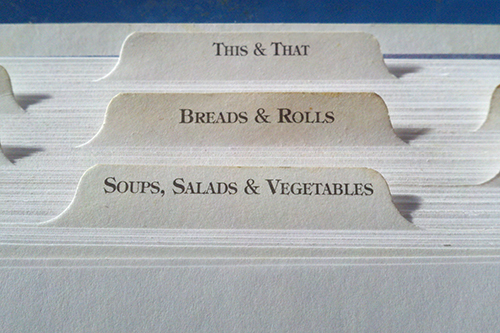
Recipes
There are more than 100 healthy, delicious, and easy to prepare recipes posted by Cooperative Extension. Many of these recipes feature Maine produce and include instructional videos on how to prepare, cook, and serve each dish. All dishes have FDA nutrition facts labels as well to promote well rounded diet choices.
Jumpstart to Farm Food Safety with Extension
This program is a collaboration between UMaine’s Cooperative Extension and the University of New that provides assistance with food safety planning to farmers in Maine and New Hampshire. Extension educators trained in produce safety will work to create an individualized plan based on your farm’s operations. Farmers can receive assistance with the creation or improvement of their farm food safety plan, designing more safe/efficient wash/pack area, improving operating procedures, training staff, and help with any other food safety concerns. Depending on the situation, experts may visit the farm to better assess and assist the operation. Numerous webinars, links, and resources related to food safety are posted online.
Resources for Small Food Businesses in Maine
UMaine’s Cooperative Extension works to support food-based industries in Maine by helping farmers, processors, entrepreneurs, growers, small home-based food businesses, and Maine citizens. They provide services related to food testing, training, and by providing other informational resources related to topics such as small business operations and food processing.
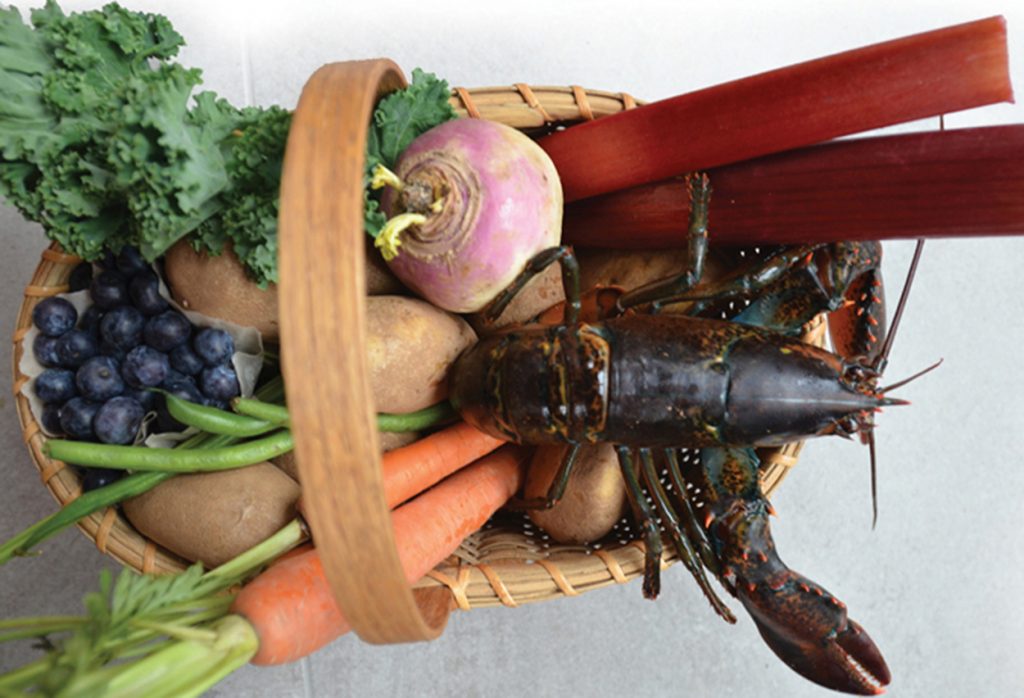
Maine Harvest for Hunger
Created as a part of UMaine’s Cooperative Extension in 2000, the Maine Harvest for Hunger program is a grassroots effort to encourage gardeners, farmers, businesses, schools, civic groups and others to donate high-quality fruits and vegetables to citizens in need. Through county-based networks, donated produce is delivered to food pantries, soup kitchens, community meals, and individuals across the state. Between 2000 and 2021, the program has collected and distributed more than 996 tons of donated fresh produce. They work with dozens of local partners across the state of Maine to distribute food to those in need throughout local communities. There are many ways that home gardeners, farmers, master gardeners, volunteers, businesses, schools, and civic groups can contribute to the program. Maine Harvest for Hunger has also posted various links and resources related to food preparation and storage, community garden planning and maintenance, food pantry and donation guidelines, other relevant Cooperative Extension programs, and many other aspects of gardening and food management. For more information about Maine Harvest for Hunger, please contact your county Extension office or extension.harvestforhunger@maine.edu.
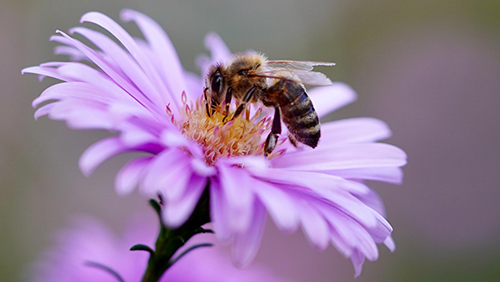
Garden and Yard
Pollinator-Friendly Garden Certification
There are many different kinds of pollinators, such as bees, wasps, flies, beetles, butterflies, moths, and hummingbirds, all of which are being negatively impacted by habitat loss, climate change, and pesticide use. UMaine and UNH Extension Master Gardener Volunteers are working to protect pollinators by planting pollinator-friendly gardens and educating the gardening public. Citizens can join this effort by providing food and habitat for native insects and animals so pollinators can protect plant diversity and food sources. Certifying your property or garden as “Pollinator-Friendly” will help support a healthy ecosystem for our community and our future, and will help to spread the word about the importance of pollinators. Cooperative Extension has several resources related to protecting and improving pollinator habitat, as well as the official certification process for Pollinator Gardens.
Maine Home Garden News
The Maine Home Garden newsletter provides practical advice, information, and stories related to gardening topics.
Plant Sale Fundraisers in Maine
Purchasing locally grown , native plant species can help to support small businesses, boost local economies, and prevent or reduce the spread of non-native ornamental plants. There is also information about environmentally friendly lawn care in Maine.
Learning Opportunities
There are numerous learning resources related to gardening topics such as sustainability, food production, and horticulture. There are several trainings, video series, and webinars available online, as well as information about other involvement opportunities. My Maine Garden is a page that allows Maine gardeners to submit photos of their horticultural practices to be available to the public for educational purposes. There is also a page where people can ask questions and access FAQs related to gardening topics.
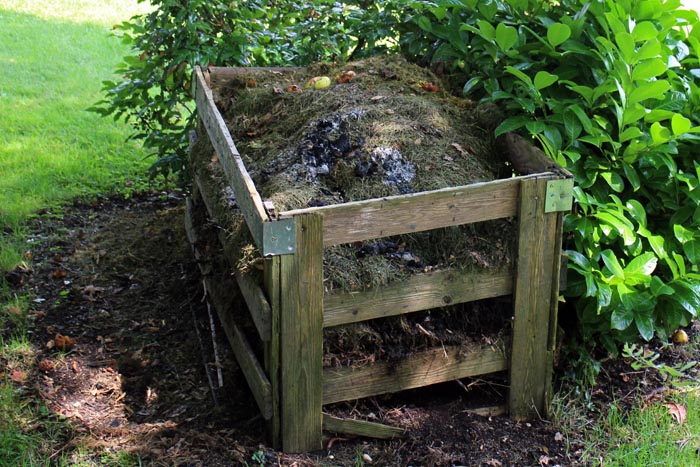
Gardening Resources
Cooperative Extension has compiled many links and resources related to growing food crops such as Berry Fruits, Tree Fruits, and Vegetables in Maine. There is also content related to Propagation, coexisting with Wildlife, maintaining Soils, Composting, and the Design and Maintenance of gardens. Important issues such as Food Systems and Security, as well as Pest Management are also addressed. There many diagnostic, laboratory, and support resources for Pesticide, Plant Disease, and Pest Management.
Home, Family, Youth, and 4H
Cooperative Extension home, family, and youth experts provide education for parents and others who care for children, home visits and educational support for all families who are pregnant or have a new baby, interactive programs including 4H where youth learn leadership, citizenship, and life skills, resources to help caregivers care for aging family members, and information to help families save money and spend less.
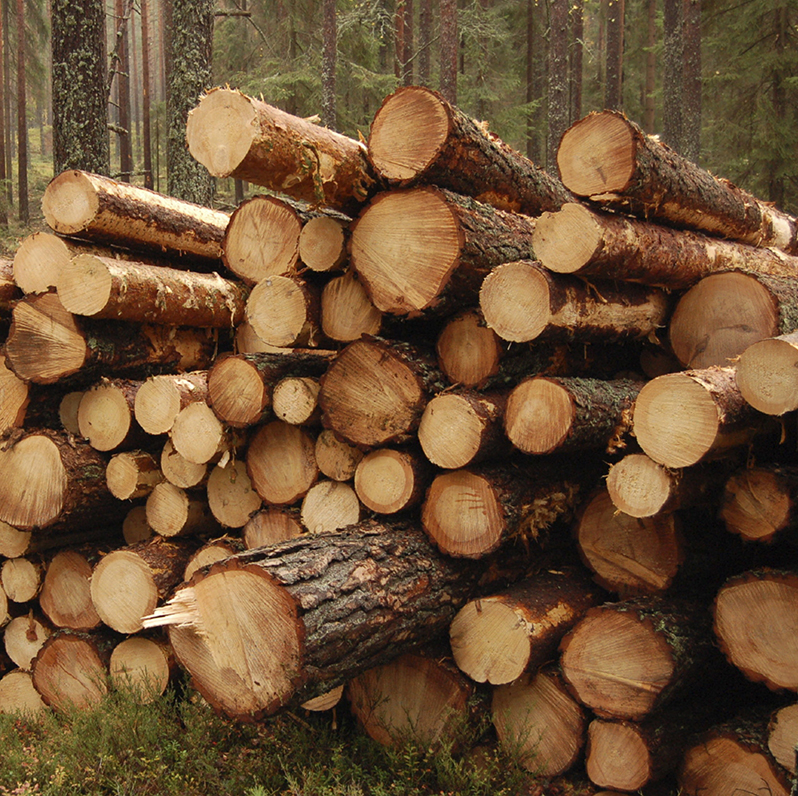
Natural Resources
UMaine’s Cooperative Extension provides practical solutions to natural resource issues based on university research. Natural resource experts have conducted field research, provided information, and consulted on topics related to timber, climate change, beekeeping, marine resources, and other industries related to Maine nature.
Diagnostic and Research Laboratory
The Cooperative Extension Diagnostic and Research Laboratory hosts scientists researching animals, agriculture, insects, and plants under one roof. The unique combination of researchers provides many teaching opportunities for students, as well as premier research and outreach facilities. By contributing to research in agriculture, public health, communities, and wildlife, the lab aims to benefit Maine in a variety of ways, including protecting the natural resource- and food-based economies, adding to food safety and human health, and providing unique diagnostic and testing services to farmers, homeowners, and the public. The testing capabilities of this facility may change depending on availability of staff or resources.
The laboratory conducts necropsies, mastitis testing, salmonella testing (within FDA standards), and other more specialized testing for licensed veterinarians. There are also resources related to caring for animals and finding local veterinary services, as well as services related to insect identification, tick identification and disease testing, plant pathogen identification and management advice, as well as training and guidance resources for pest management and pesticide safety. The laboratory provides oversight and assistance in training and teaching laboratory research related to biological defenses, aquatic animal diseases, novel vaccine delivery methods, and other relevant topics. Skilled staff provides quality aquatic animal husbandry services, veterinary care, facility management support for finfish and shellfish, and a variety of technical services. The research capabilities of this facility includes stable cell line generation, vaccine characterization, cell culture, cellular and non-cellular immunology, antigen purification, prototype product formulation, analytical testing, bacterial and viral genetics, histology, and a full range of diagnostic services. Both graduate and undergraduate students are integrated into the research for workforce development.

